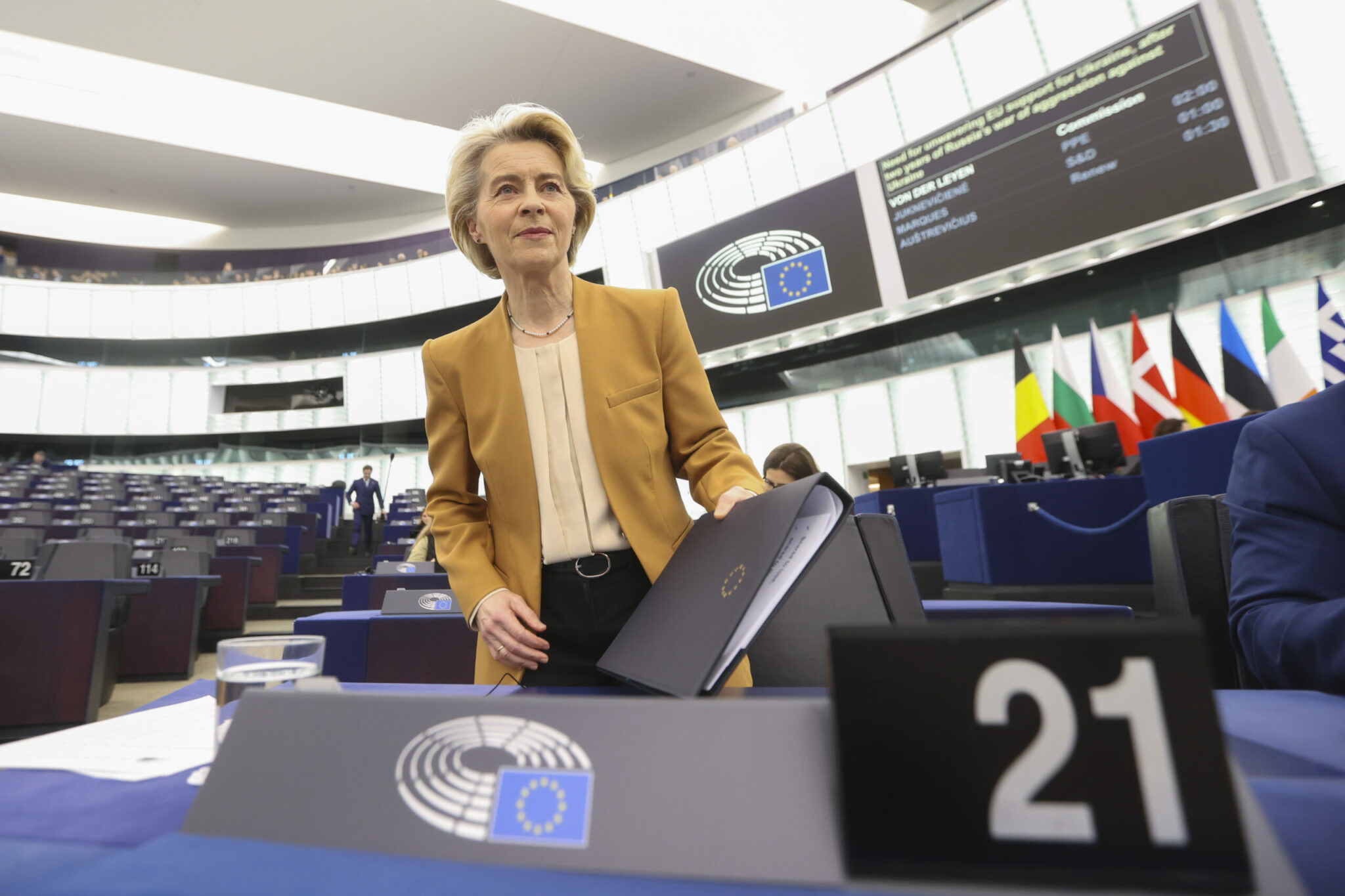Andrew Duff (European Policy Centre)
Election fever has hit Brussels town. At the level of the European Union, of course, these five-yearly elections to the European Parliament are more about armchair speculation than active campaigning. The focus of attention is the hard right and far right where numerous populist parties are expecting to make gains — including in Germany, Italy and France — mainly at the expense of the Liberals, Socialists and Greens.
But the rise of the ‘anti-European’ right is complicated by the bitter rivalries, nationalistic attitudes and ideological incoherence that beset those parties. A dramatic takeover of the EU institutions after the elections in June 2024 is unlikely. No country is due to copy the British secession. Law making may become more difficult, but the Union will hardly suffer a major shift in strategic direction. Enlargement is already vexed.
What is clear, nonetheless, is that the stability of party politics at the national level is being fractured under the pressure of Europe’s political integration. As the power of the EU continues to grow, the credibility of the governments of the member states weakens. National political parties look increasingly hapless. Political parties at the EU level, meanwhile, have not come to the rescue. They remain superficial adjuncts to the party groups in the European Parliament, commanding no loyalty, hidden from public view, and forbidden — yes, by EU law ! — from playing any direct role in the European Parliamentary election campaign.
The concept of leadership in and of the European Union continues to be elusive. The pretentions of those European political parties to promote their own Spitzenkandidaten to top jobs in the EU institutions is wearing mighty thin. As in previous years, and as the Treaty on European Union says [Article 17(7)], the nomination of the next Commission President will be made by the European Council.
The favourite candidate is Ursula von der Leyen, seeking a second term. Although her candidacy will be trumpeted by the European People’s Party, her affiliation to the EPP is secondary to her primary loyalty to the club of the European Council. Indeed, she can be expected to distance herself as far as possible from partisan activity on behalf of the EPP during the election campaign. Her main preoccupation, after all, will be to secure an absolute majority of the members of the new Parliament of 720 MEPs. The magic number, therefore, is 361 positive votes by secret ballot (abstentions will not help her across the threshold).
Simon Hix and his colleagues for the European Council on Foreign Relations forecast that the alliance of Christian Democrats (EPP), Social Democrats (S&D) and Liberals (Renew) which formed the bulk of von der Leyen’s slim majority in 2019 will only achieve 390 seats in the new Parliament. The poll of polls by Politico.eu, being slightly more generous to the Socialists and Liberals, currently projects a total of 395 seats for these three main ‘pro-European’ groups. Overall, however, the three are likely to shrink from holding nearly two-thirds of the total seats in the current House to just over half after the elections.
Hanging over proceedings will be the memory of 2019 when von der Leyen only scraped through by 8 votes. Although her candidacy may be again officially supported by those groups, their cohesion is less impressive than it looks. In 2019, when it came to the secret vote in plenary session to elect von der Leyen, the three lost 13% of their members. A similar number of votes was lost in the election of Jean-Claude Juncker in 2014. If that spillage is repeated this year, on current projections von der Leyen will be at least 20 votes short of the 361 votes she needs to get re-elected.
In 2019, Ursula von der Leyen had the relative advantage of being a rather unknown quantity on the European stage. After five years of active and sometimes controversial leadership of the Commission, she has less space to hide. We know that the EPP is not fully behind her: the French Républicains already declare she is not their candidate. There may be several German FDP and SDP MEPs who wonder why they are expected to support the champion of the CDU-CSU for another Brussels term. Many non-conservatives may simply decide it’s time for a change. On present trends, von der Leyen cannot expect much help from the Greens. Federalists may doubt her commitment to constitutional reform.
If Parliament were to reject von der Leyen, the European Council will have one month to come up with another nomination. A good President of the European Council would already have another candidate up his sleeve. Someone more centrist. Obviously not German. Top administrative skills. Fluent English. Tact. Courage. Integrity. European vocation. GSOH. Ideas, anyone?
Andrew Duff is a former Member of the European Parliament and is a Senior Fellow at the European Policy Centre. @AndrewDuffEU
The views expressed in this blog post are the position of the author and not necessarily those of the Brexit Institute blog.



